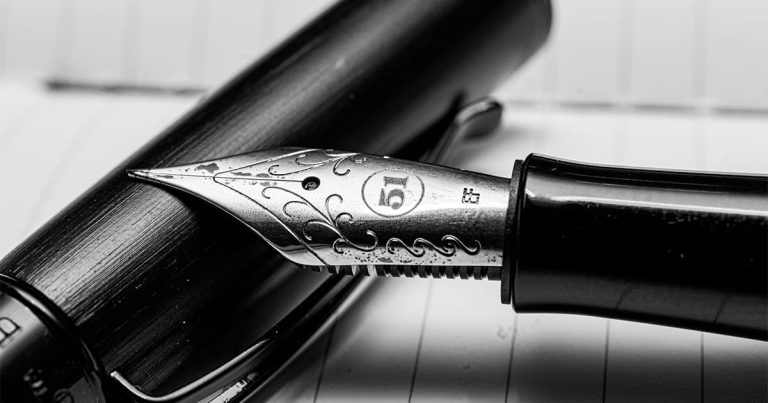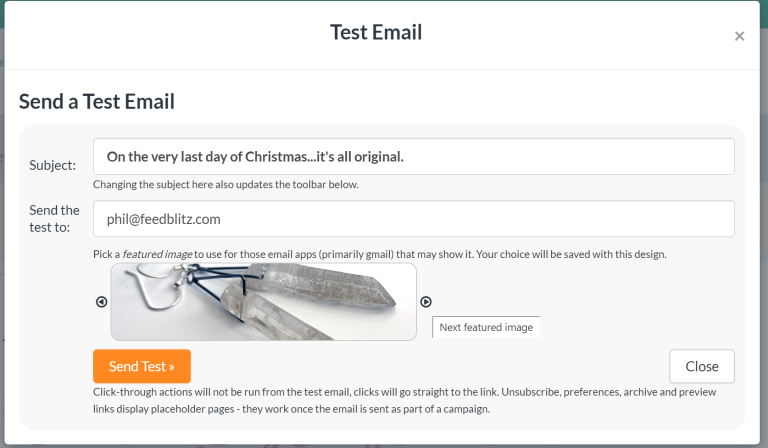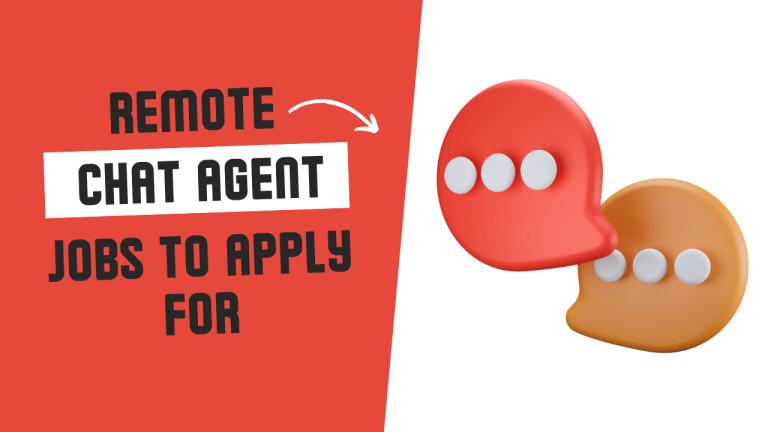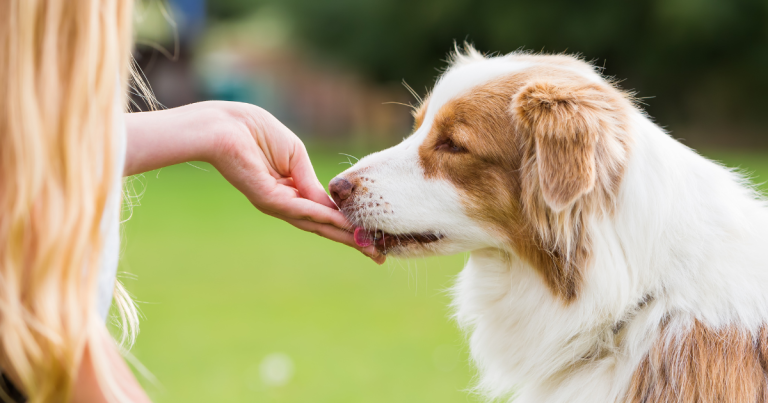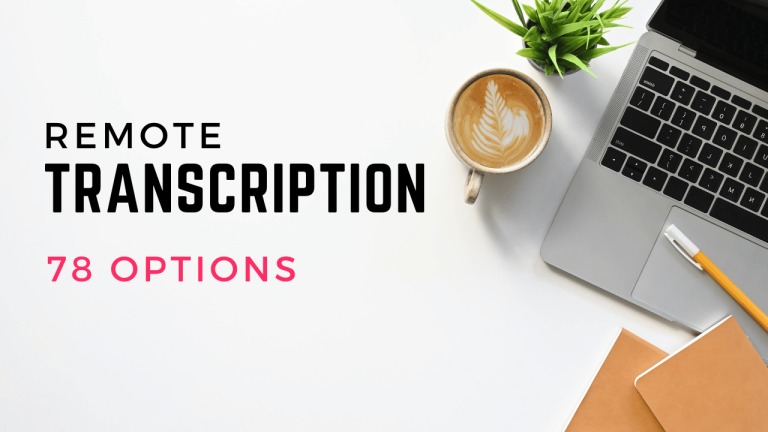Have you ever thought about getting into photography?
It’s a very lucrative field but taking pictures of people is not the only way to do it.
There is an untraditional route that is gaining more momentum that most people don’t think about doing.
Instead of taking photos of people, what about food or products?
Sean makes over $10,000 per Month doing this without any professional training, just good old YouTube. Sean is a testament of the saying, where there’s a will there’s a way!
Let’s see how he did it! Thank you Sean for taking the time to show us how you do it all!
How to make money with Photography taking pictures of products

(Picture taken by Sean)
1. Can you tell us a little bit about yourself and what inspired you to start your own commercial photography business?
Hey there! I’m Sean Audet. I’ve spent the last few years building an award-winning commercial photography studio.
To be honest, starting my studio was a bit of a spur-of-the-moment decision! At the time, I’d spent almost a decade in the hospitality industry and had recently shifted gears toward culinary research work at a local college.
It all started when I proposed offering simple photography for our research clients. With some gear I sourced and a proposal in hand, photography quickly became a regular part of my day-to-day life. Gradually, that part of the job became something I really enjoyed.
Shortly after, I borrowed a friend’s camera and started experimenting with photography in my spare time. I joined various online freelancing platforms, and soon, I was running a small part-time business.
As it grew, I faced a choice: either scale it down or take it seriously. I took a leap of faith and left my research position to focus entirely on the studio.
2. Can you describe your journey from the idea of starting a business to where you are now?
Initially, my business was more of an experiment. It wasn’t much more than a handful of profiles spread across a few freelancing sites. It didn’t feel like a full-fledged business back then; it was more of an experiment, and I didn’t have any specific expectations.
As for my equipment, it was pretty basic: a decade-old camera lent by a friend, a few affordable LED lights from Amazon, and some props from IKEA.
It took about 2 to 3 years before the business gained significant traction, and I think luck definitely played a part. I had built a solid portfolio just as COVID-19 started.
The surge in online sales created an enormous demand for e-commerce content overnight. Our revenue shot up quickly, prompting us to expand our equipment and processes to handle larger clients and projects.
3. What types of commercial photography do you specialize in, and how did you choose your niche?
At the beginning, my studio mainly focused on food photography because I already had a good deal of experience working with food.
But as time went on, I started diversifying into other areas like food-related products, beverages, and even small stuff like cosmetics and home goods. In general, I tend to lean towards smaller items that require a little more attention to detail.
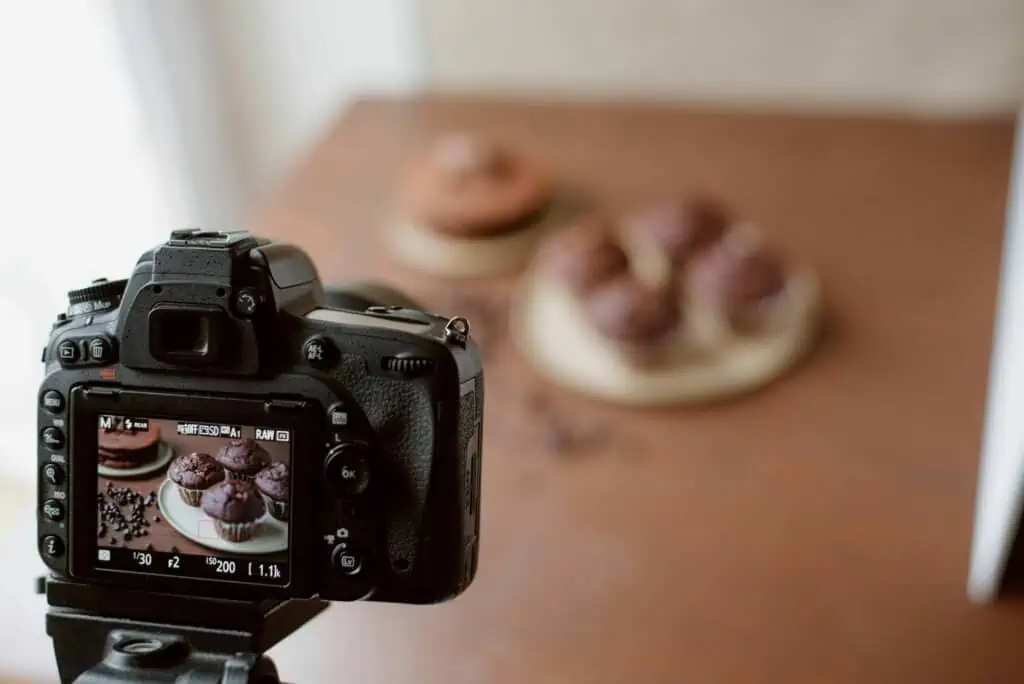
4. Are you self-taught or did you take any formal education/courses to learn how photography?
I actually don’t have any formal education in photography! YouTube was really my main source of information earlier on. Once I’d nailed down the basics, I mostly learned by trial and error.
5. What challenges did you face when establishing your commercial photography business, and how did you overcome them?
The biggest challenge was probably deciding to trade a secure, full-time position for an uncertain future. It’s always tough when you have to make a leap of faith, but personally I think it’s worth it to see if you can accomplish something you’ve identified is important to you.
I’ve done this a number of times in the past, and whether or not I’ve succeeded, I’ve always gained something valuable from my experiences.
6. How do you attract and retain customers?
Find a space where you can advertise your services to as many people as possible. Personally, I lucked out by stumbling onto a popular freelancing site just as it was taking off. Do some trial and error until you find the space that works the best for your business.
If you offer consistently good work and service, you’ll eventually start attracting more and more clients. More importantly, the clients you attract will come back to you for more work, and they’ll suggest you to people in their network.
7. How much do you earn with your business?
My income fluctuates (and I’m sure there’ll be ups and downs in the future), but currently it’s somewhere in the neighborhood of $11,000 per month.
8. What does a typical day look like for you?
There isn’t really a typical day! It all depends on what project we have going on at the moment and what our production schedule looks like.
My day might involve talking to new clients, taking meetings, project coordination and planning, pre-production, production, post production, accounting, or any combination of the above.
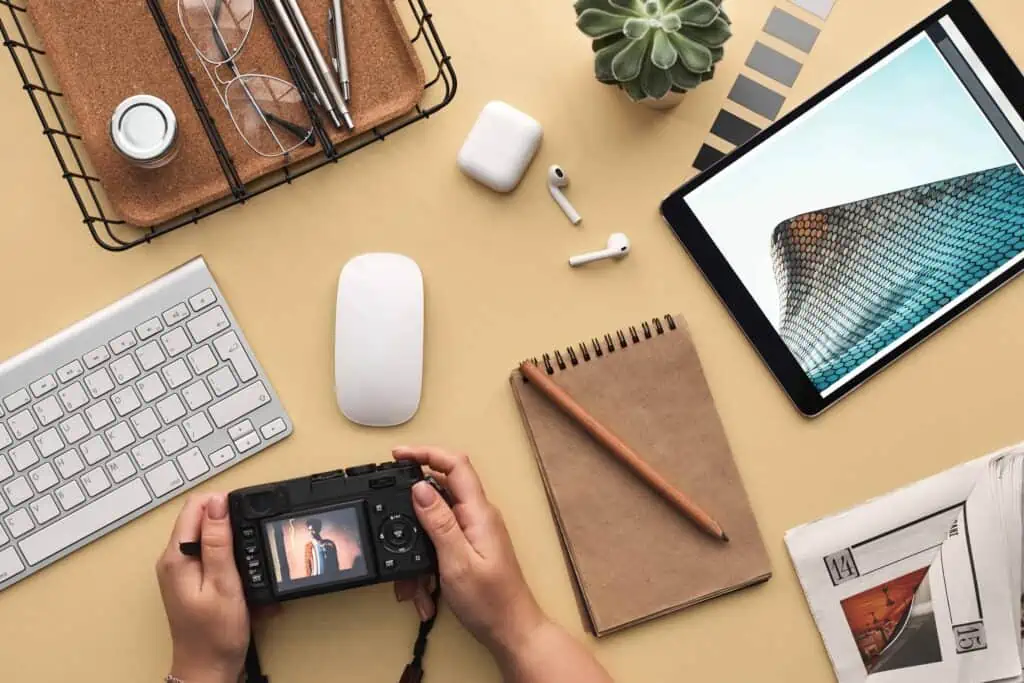
9. What platform/tools do you use to run your business?
I run my website on Squarespace, and I use the Adobe Creative Suite for most of my post-production work. For communication, logistics and planning, I mainly use the Google Workspace suite.
10. What advice do you have for aspiring photographers looking to start their own commercial photography business?
Don’t worry too much about your equipment! Just get started with what you have, and upgrade your equipment once you have some revenue coming in.
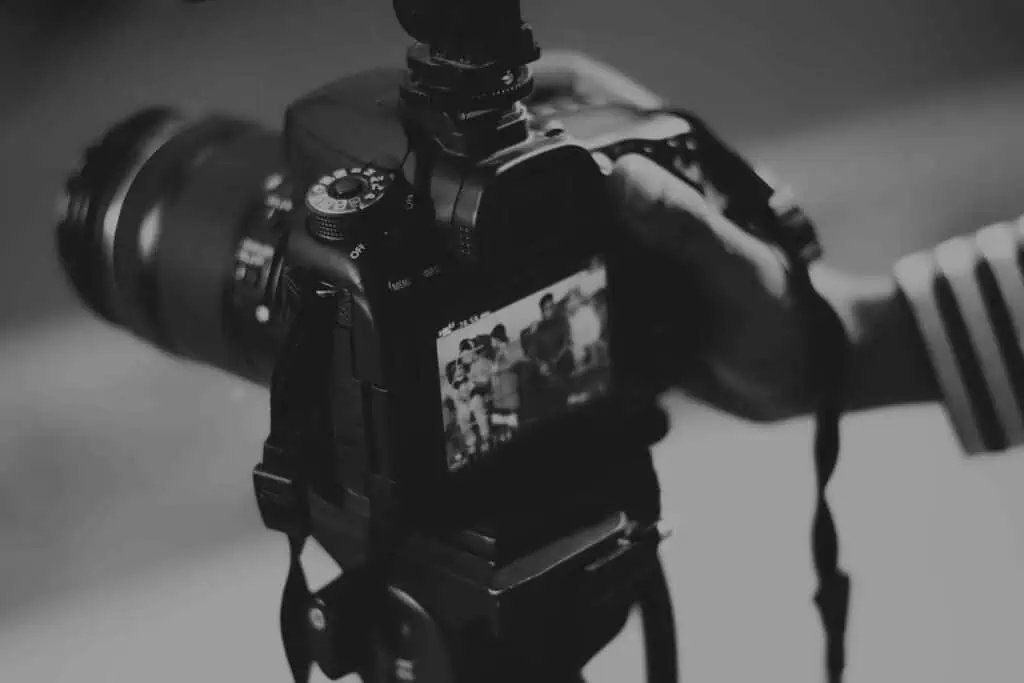
11. What’s next for you and your business?
Right now we’re in the process of incorporating AI tools into our workflow to speed things up and increase our output. I think AI is on everyone’s mind at the moment. It’s not exactly a one-stop-shop solution, but we’ve already seen some amazing results in terms of post-production efficiency.
12. How can others find you- as we are all fans of you now?!
You can check out my website at www.seanaudet.com, and my instagram at here
Thank you Sean for such an awesome interview!
Another great success story from finding an idea and going all IN! If you want to be successful find a PROVEN business model, make it your own, and execute. That’s our motto and when you follow it, it works every time. Trust the process.

